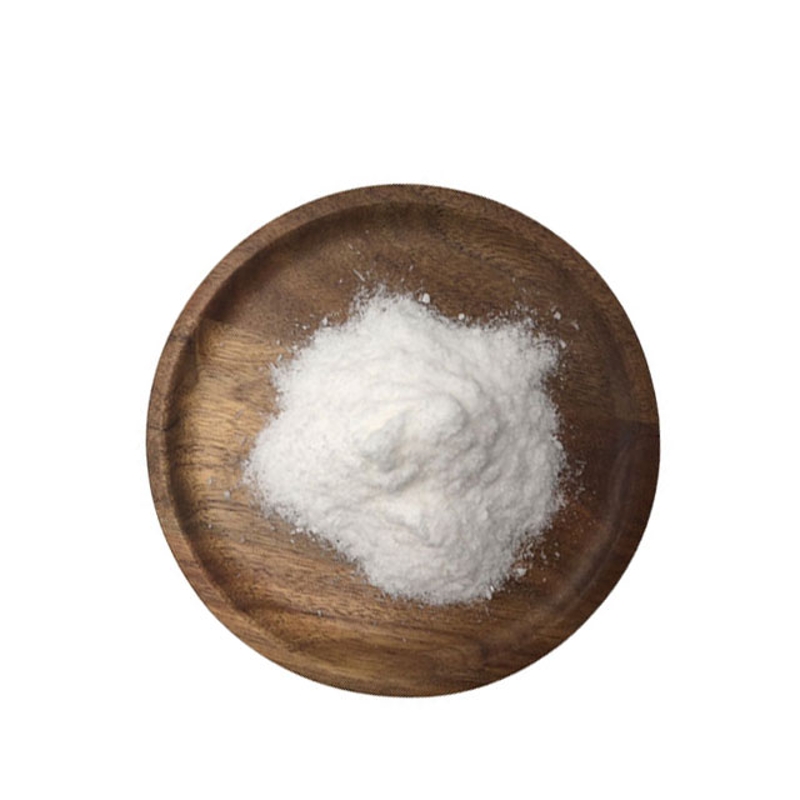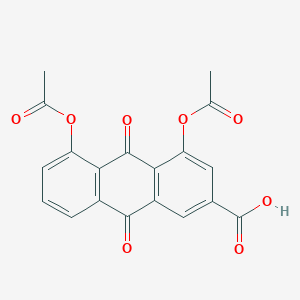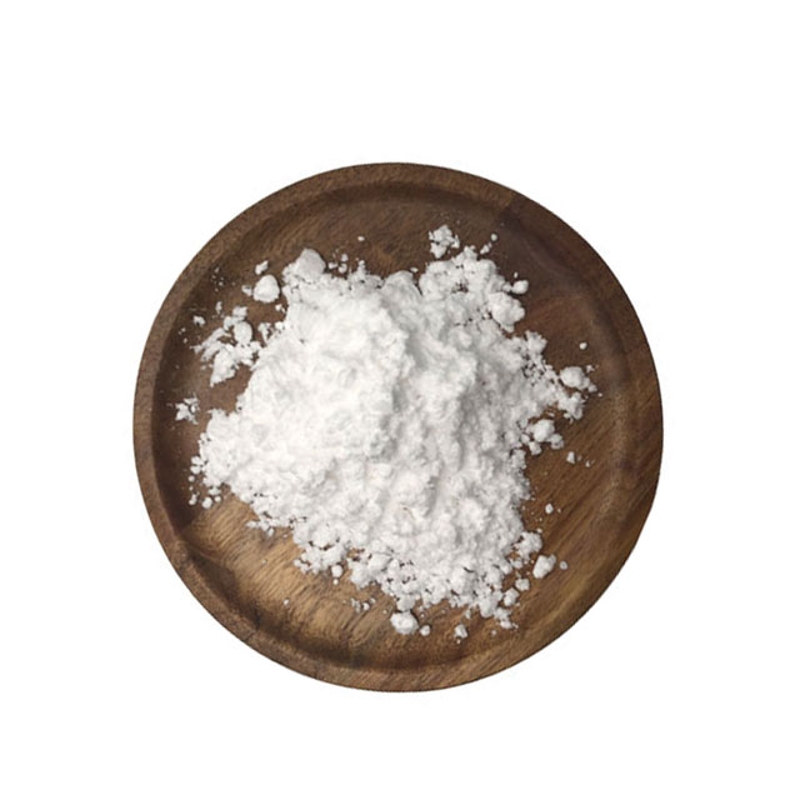-
Categories
-
Pharmaceutical Intermediates
-
Active Pharmaceutical Ingredients
-
Food Additives
- Industrial Coatings
- Agrochemicals
- Dyes and Pigments
- Surfactant
- Flavors and Fragrances
- Chemical Reagents
- Catalyst and Auxiliary
- Natural Products
- Inorganic Chemistry
-
Organic Chemistry
-
Biochemical Engineering
- Analytical Chemistry
- Cosmetic Ingredient
-
Pharmaceutical Intermediates
Promotion
ECHEMI Mall
Wholesale
Weekly Price
Exhibition
News
-
Trade Service
December 19, 2020 /--- -- Two new papers examine the process of scar formation and chronic rejection of organs in the lungs after transplantation, as well as potential treatments to prevent transplants or organs and their tissue failure.
"Chronic graft failure due to sexual scar formation is a common phenomenon in transplant surgery, and there are few available ways to stop it," said author Dr. Vibha Lama, a professor and vice president of basic and translational research in internal medicine.
"We realized that the way to stop this phenomenon was by discovering the cause of this scar formation and how it developed to provide patients with novel and personalized therapies."
(Photo Source: Www.pixabay.com) Lama is the senior author of both papers, which demonstrate a link between antibodies targeting the lungs of the body and a particularly aggressive chronic rejection reaction after lung transplantation, known as restrictive allogeneic transplant syndrome or RAS.
the study, published in JCI Insight, the team created a mouse lung transplant model that mimics human diseases observed in RAS and suggests that the specific form of chronic rejection depends on B cells.
she then used the mouse model used in the study and applied it to another study published in the journal American Journal of Projectation.
paper, a team of scientists led by Lama studied IL6 and its role in chronic rejection after lung transplantation.
in addition to confirming how IL6 activates cells that cause scarring in the lungs, they also found that targeting this cytokine may be beneficial.
we showed in mouse models that if the subject lacked IL6, we would see less fibrosis and less chronic rejection," Lama said.
that more research is needed, but these studies, along with her previous work, continue to provide new ideas for rejection in lung transplant patients.
(Bioon.com) Source: Finding a pityedd approach to treating chronic rejection after the original source of the transportation: David S. Wheeler et al, Interleukin 6 trans-signaling is a critical driver of lung allograft fibrosis, American Journal of Transport (2020). DOI: 10.1111/ajt.16417。







